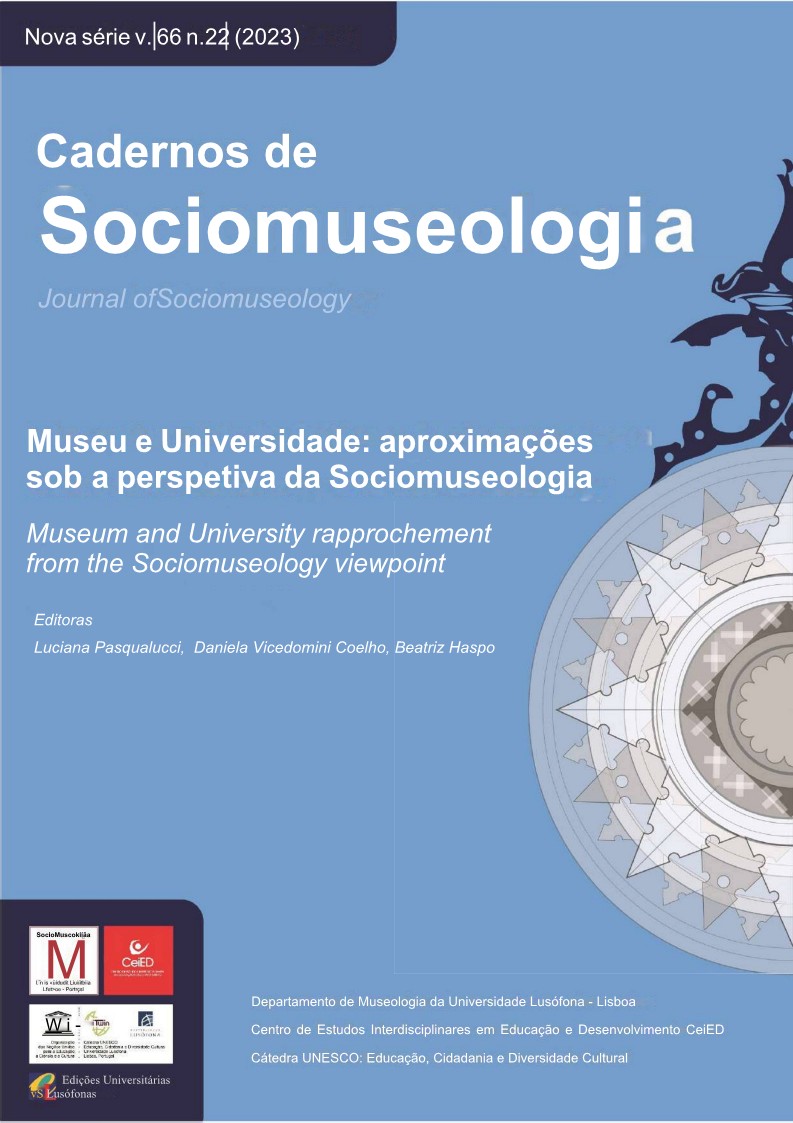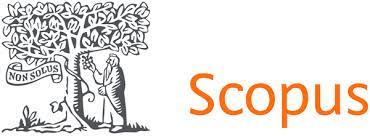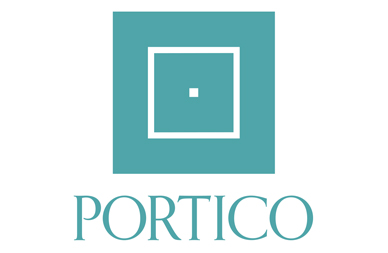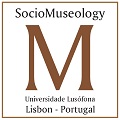Collaborative practices of curating and managing the collections at the Museu da Imigração: a reflection on sociomuseology and the university
Abstract
Collaborative practices have been increasingly used in museological processes of traditional institutions, through which museums approach and include their communities in the curatorial cycle. Such efforts emerge from a commitment to sociomuseology, as a tool to overcome the distance between museum and society. From this perspective, the article seeks to explore the constitution history of the Museological Collection of the Immigration Museum of the State of São Paulo, presenting the main challenges experienced in the management of protected heritage and the sharing strategies proposed in the institution's Collection Policy, which aim to qualify such a collection. Therefore, the text discusses and evaluates the main projects implemented within the scope of the Collections Management Program bringing the museum closer to the communities and the university, making it a technical-scientific development laboratory. The results measured so far demonstrate that technical collaboration has a positive impact on the quality of internal processes, and that it has promoted the improvement of conditions for preservation and collection dissemination.
Keywords: Sociomuseology; Curriculum; Collection Management; Research Collaboration
Downloads
Authors retain copyright and grant the journal right of first publication with the work simultaneously licensed under aCreative Commons Attribution License that allows others to share the work with an acknowledgement of the work's authorship and initial publication in this journal.













